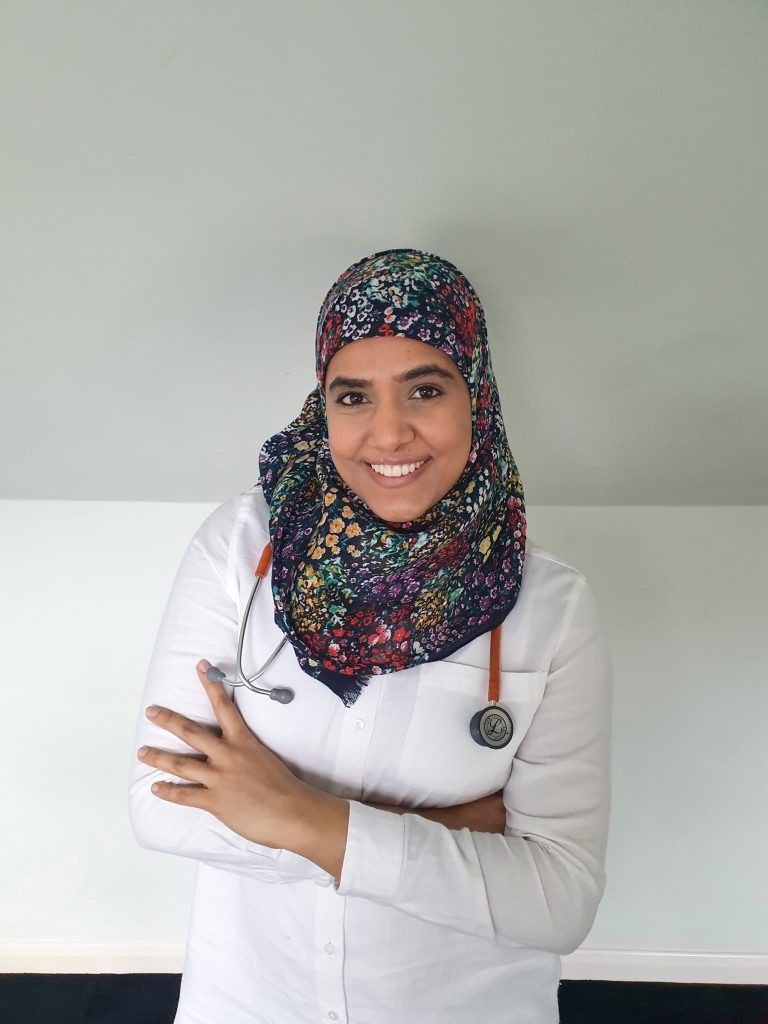The UK Health Security Agency (UKHSA) has reported a rise in measles cases across London, with two-thirds of cases in England occurring in the capital in the last six months.
In England, one out of every ten children lack full protection from both doses of the MMR vaccine, and in certain parts of London, this number rises to two out of every five children.
These figures fall significantly below the World Health Organisation’s recommended vaccination rate of 95%.
UKHSA predicts a high risk of measles in London this year, and without intervention, cases could reach between 40,000 and 160,000 due to low MMR uptake and imported cases.
UKHSA has published its ministerial submission and modelling paper outlining the risk of measles in England as low and London as high on July 14, 2023.
Measles is a highly infectious disease that can lead to severe complications, including meningitis and sepsis.
One in five children affected by measles may need hospitalisation. The infection usually begins with cold-like symptoms and a high temperature, followed by the appearance of a rash that spreads throughout the body.
Although there is no specific treatment for measles, vaccination provides the most effective protection against severe illness.
Therefore, NHS England is urging all parents and guardians, particularly those in London, to ensure their children receive full vaccination against the disease as it spreads easily and can cause serious complications.
The MMR vaccine is part of the routine immunization programme for children in England, and parents are encouraged to check their child’s medical record or contact their GP practice to verify vaccination status and schedule any missed MMR doses.

Dr Kiran Rahim, emphasising the importance of vaccinations, shared that in the last two months alone, she has encountered two cases of measles in her clinical practice. She highlighted the life-changing consequences the disease can have for babies and children.
She encourages parents to ensure their children are up to date with their vaccinations, especially for measles.
Being fully vaccinated will provide peace of mind, especially when spending time in London during the holidays, she said.
Dr Rahim also urges parents to check their child’s red book for vaccination status and promptly contact their GP to schedule a vaccination appointment if necessary.
The vaccine is considered safe and does not cause autism, as confirmed by the National Autistic Society. It also protects against mumps and rubella.
Daisy Amin, the parent of Ayra, age 2, mentioned that it is simple to determine if a child has received both doses of the MMR vaccine, providing the best protection against measles and preventing its spread.
Additionally, living in London and planning to travel abroad to visit family this summer, Daisy ensured her daughter’s full vaccination, alleviating any concerns before the trip.
Parents are advised to check their own vaccination records and catch up on any missed doses by contacting their GP practice. For more information, visit nhs.uk/MMR.
